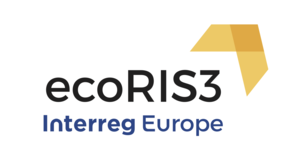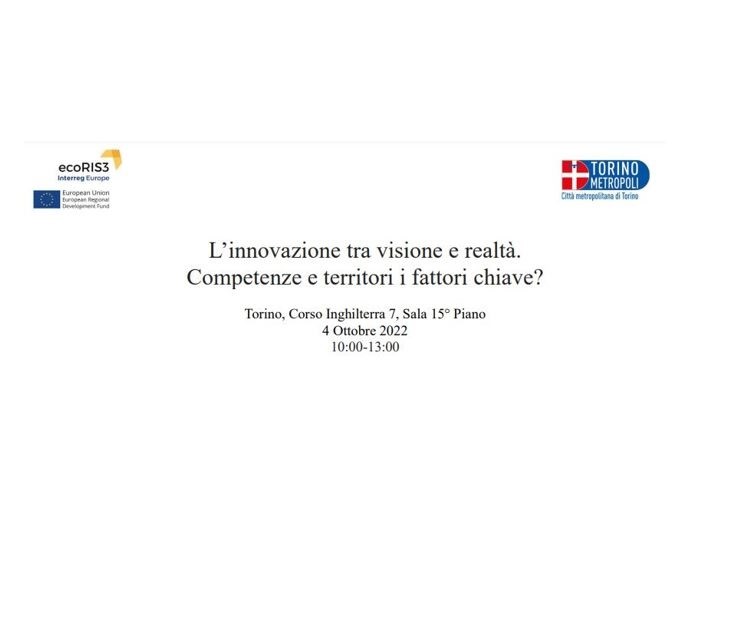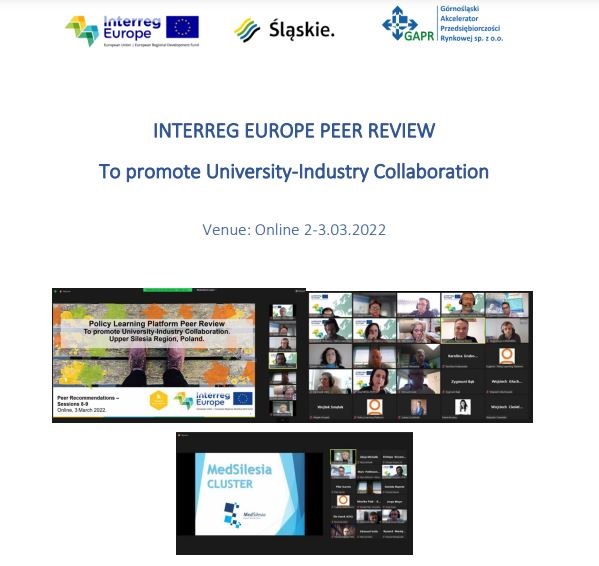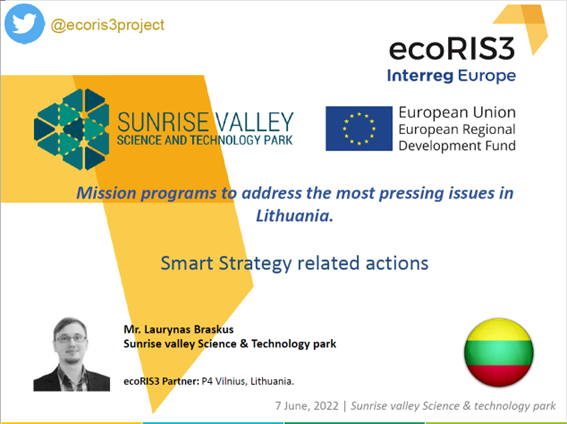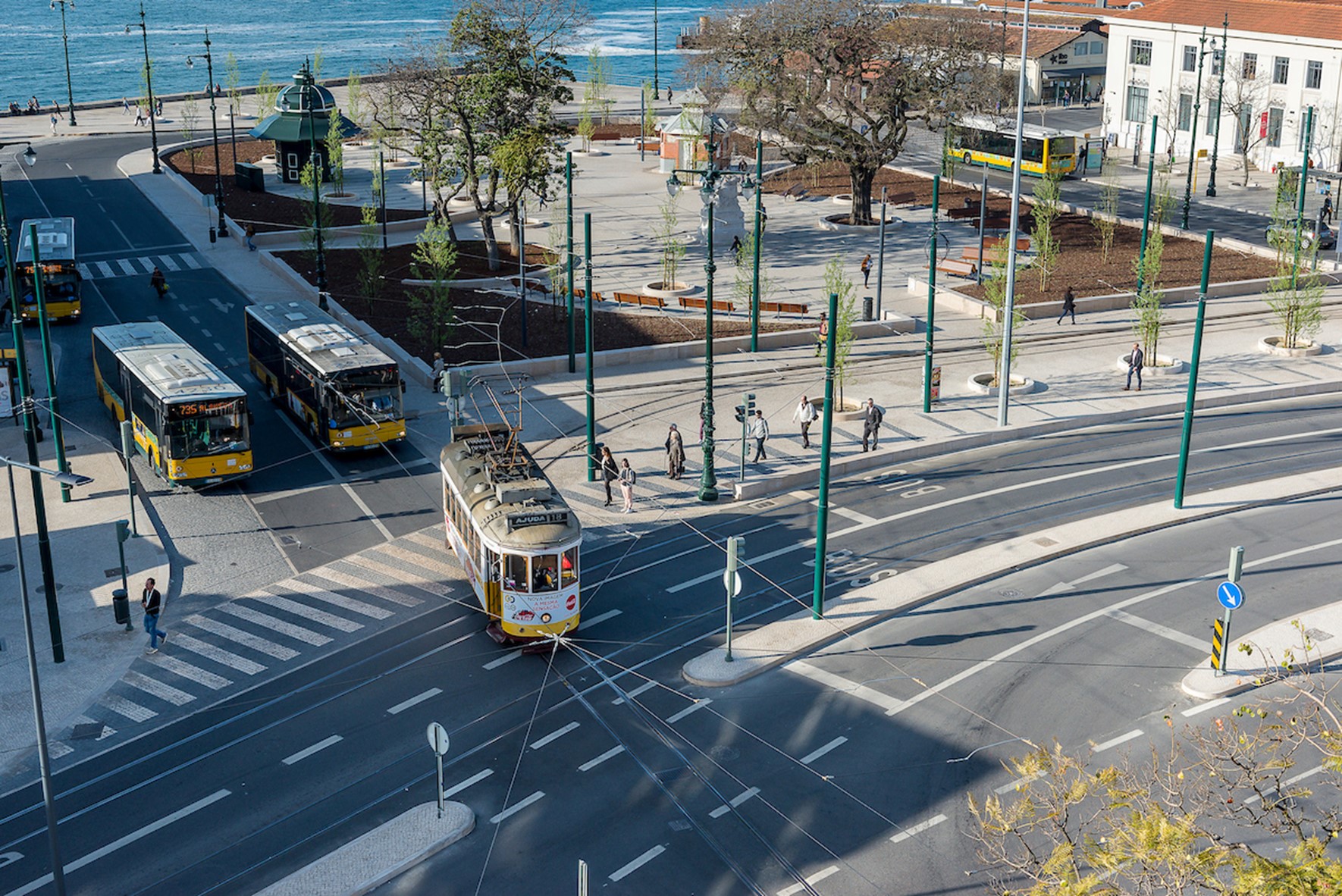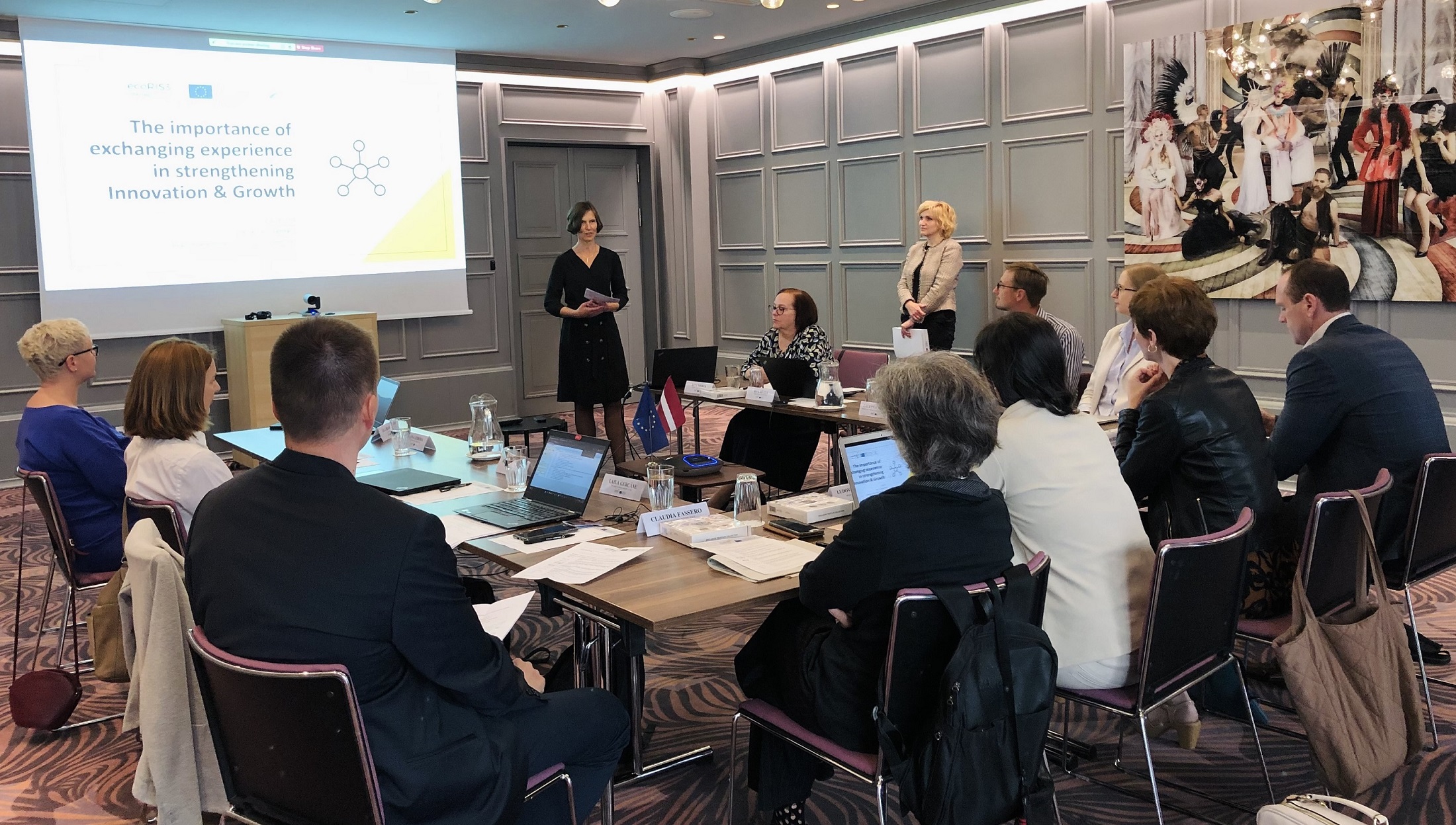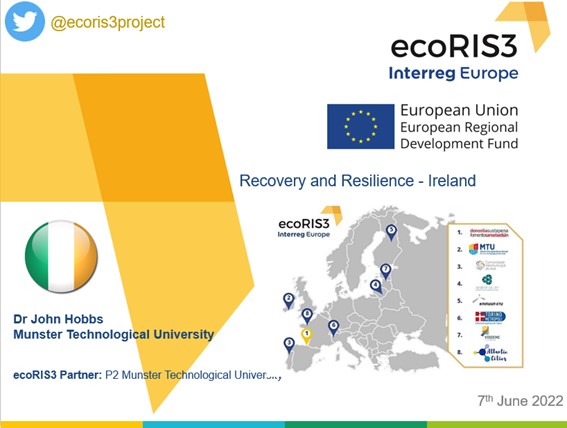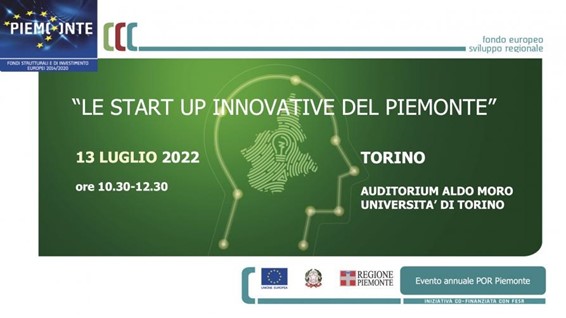The impact of the healthcare crisis has hit the Italian economy particularly hard, with the national GDP falling by 8.9 % in 2020, mainly due to the collapse of domestic demand and consumption. The crisis also affected the labour market: the decline in employment rate initially affected mainly temporary employees and the self-employed people, but later on it also affected permanent employees. In April 2021 the number of unemployed people increased by more than 800 thousands units in relation to the pre-pandemic period.

The pandemic underlined the importance of connectivity, digitalisation and digital literacy, all crucial for people, institutions and firms to access services and markets and to maintain economic activity. As mentioned, the ability to telework often supported business continuity during the Covid-19 containment measures: “the higher the capacity for remote working, the smaller the lockdown costs, the lower the vulnerability of firms in the short run, the higher their resilience in the medium and long run”. But, according to the 2021 EU Innovation scoreboard, Piedmont is a moderate innovator+ – having an innovation performance below the EU average – with considerable innovation potential. This means that Piedmont, while showing positive trends in some aspects related to innovation (e.g. private investments in R&D), is also characterised by some drawbacks, related for instance to human capital and cooperation.
The impact of the crisis on investments in innovation has been evident. Considering that more than half of the companies reached by IRES survey had declared that they had no innovation programs underway, of the remaining cases, 61% have cancelled, suspended or scaled down their activities.

The future resilience of Piedmont’s economy may be getting a boost through improved accessibility to services, especially to digital services. Behind this has been the ability of firms and public institutions to rapidly adapt to e-commerce and other digital changes, including digitalised public and administrative services.
In looking specifically at the SWOT analysis undertaken in 2019 by the ecoRIS3 project, this really showcases the impact that Covid-19 has had at the region. Covid-19 has brought about new strengths, weaknesses, opportunities and threats (at local and national levels) and it is useful to analyse these -showcased in Table below.

What international observers are most concerned about is the centrality of the world of small and medium-sized enterprises in the industrial and productive sector of the Piedmont region and of the Metropolitan City of Turin. For instance, Small and medium-sized enterprises (SMEs), are at the heart of Piedmont’s productive fabric, but are experiencing job losses (especially in the manufacturing sector) and lower productivity. They will need more support to contribute to the innovation ecosystem and help mitigate the risk of the region falling into a middle-income trap.
Despite the enormous level of uncertainty and various problems caused by the pandemic crisis, it also offers some opportunities for Piedmont’s economy. In fact, according to several studies, improved physical and digital accessibility to services can contribute to the regional resilience of firms and to citizens’ well-being. The expansion of teleworking, e-commerce and other digital-related changes in firms has been a driver of higher productivity and market expansion.
As already stated, the Metropolitan City of Turin has the role of promoting better policies and measures to create virtuous cooperative mechanisms between key stakeholders, in order to make the local innovative ecosystems sustainable, responsive and resilient to the existing challenges and gaps, such as Covid-19 crisis.
The Covid-19 pandemic empirically showed how Metropolitan Areas, and the functions they express, have a key role in mitigating the impact of the virus on their territories, since they are at the front-line of the fight against the pandemic.
So, this document analysed challenges, obstacles and opportunities deriving from the pandemic crisis in our territory. We tried, although partially due to the lack of updated data, to map good practices and successful initiatives developed by local innovative ecosystems to strengthen their resilience in overcoming the Covid-19 crisis as the starting point for future prospectives of RIS3. To find out more about this, The ‘Analysis of the impacts of Covid-19 in Metropolitan City of Turin’ report can be found in the ecoRIS3 website library through this link.

